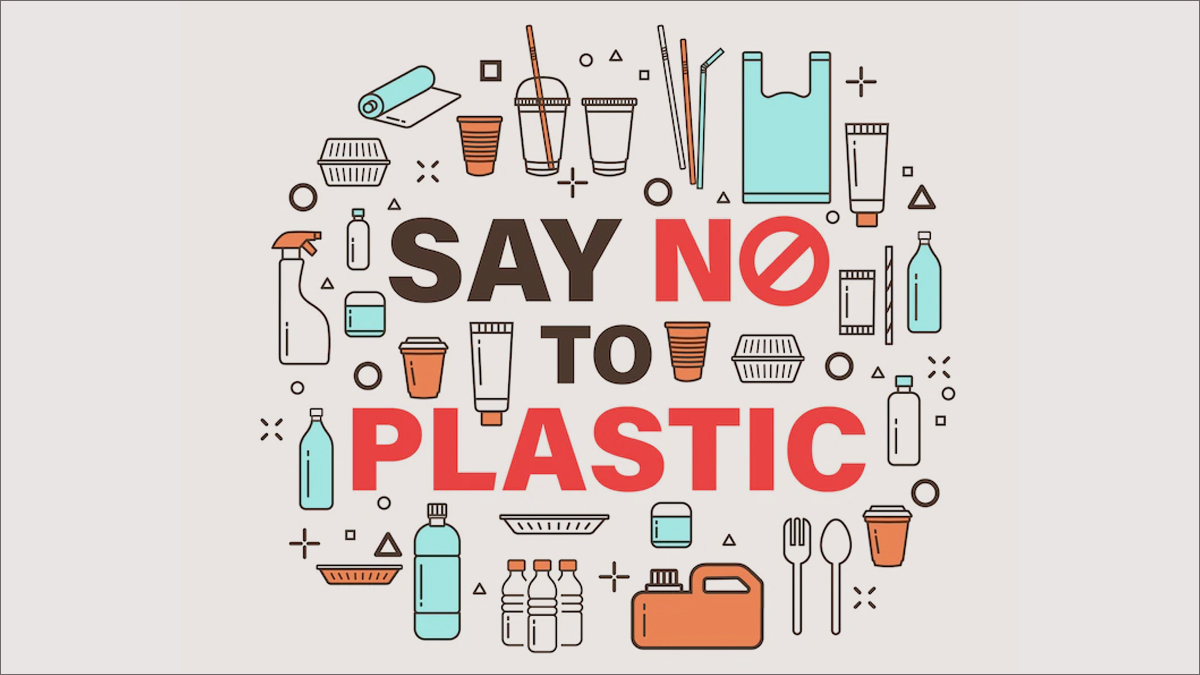Arshad Mahmood Awan
The world is at a decisive crossroads in the fight against plastic pollution. The second part of the fifth session of the Intergovernmental Negotiating Committee, organised by the United Nations Environment Programme (UNEP) in Geneva from August 5 to 14, is being billed as humanity’s “last good chance” to forge a legally binding global treaty to halt the plastic pollution crisis. The envisioned accord would target plastics across their entire lifecycle — from production and design to disposal and recycling — aiming to stop the millions of tonnes that leak into ecosystems each year, poisoning wildlife, contaminating food chains, and threatening human health.
Scientists warn that without urgent global action, plastic leakage into aquatic ecosystems could almost triple by 2040, with devastating consequences for biodiversity, food security, and public health. The financial toll is already staggering — estimated at more than $1.5 trillion annually in environmental damage, clean-up costs, and health impacts — and will only escalate without systemic reforms. Against this backdrop, Geneva’s negotiations are not just about environmental stewardship; they are about safeguarding global economic stability and intergenerational equity.
However, as talks move into their final stretch, progress is hampered by deep divisions among participating nations. More than 100 countries, grouped under the High Ambition Coalition, are pushing for enforceable caps on virgin plastic production, the phasing out of harmful chemical additives, and robust financing mechanisms to aid implementation. This coalition argues that recycling alone cannot match the pace of plastic production growth and that only by curbing the source can the crisis be truly addressed.
On the other side, a bloc of oil- and gas-aligned states — including the United States, Saudi Arabia, Russia, and China — is resisting upstream production limits, preferring instead to focus on downstream measures such as recycling and waste management. Their position aligns closely with powerful petrochemical interests, which see plastic as a vital growth market amid the global energy transition. Civil society groups warn that with over 200 industry lobbyists present in Geneva, the risk of a diluted, ineffective treaty looms large.
For Pakistan, the stakes are particularly high. While Islamabad has not publicly disclosed its negotiating stance, the country faces mounting plastic waste generation, coupled with inadequate waste management infrastructure. With sprawling urban populations, rising consumerism, and weak regulatory enforcement, Pakistan is acutely vulnerable to the environmental and health fallout of plastic pollution. Any meaningful treaty must address the needs of developing countries like Pakistan by ensuring access to climate and pollution finance, capacity-building programmes, and technology transfer to enable effective implementation.
Pakistan’s alignment with progressive positions — especially enforceable production caps — would demonstrate a commitment to tackling the crisis at its source. It would also strengthen the country’s credibility in climate diplomacy, positioning it as an advocate for global environmental justice. Without such systemic interventions, Pakistan risks being trapped in a cycle of reactive measures and escalating costs, both financial and ecological.
The policy demands are clear. Delegates must secure binding global targets to reduce virgin plastic production, implement worldwide bans on the most hazardous polymers and additives, and establish a dedicated international fund to help developing nations transition towards sustainable systems. Nature-based solutions, extended producer responsibility frameworks, and investment in green innovation should complement these measures, ensuring a holistic approach that addresses both upstream and downstream challenges.
Civil society voices from across the globe are united in warning against half-measures. Recycling, while important, cannot counteract the sheer scale of current and projected plastic production. Without upstream production controls, efforts to clean up oceans, rivers, and landscapes will be perpetually undermined. The Geneva treaty, therefore, must be bold, enforceable, and future-proof — not another non-binding declaration that leaves the root causes untouched.
https://facebook.com/RepublicPolicy
Ultimately, these negotiations are a test of political will over commercial influence. Will nations prioritise planetary health and human well-being over short-term petrochemical profits? The outcome will determine not only the trajectory of the plastic crisis but also the credibility of multilateral environmental diplomacy itself. For future generations, this is about more than plastic waste — it is about whether the world can still unite to confront a man-made crisis before it spirals irreversibly out of control.
If Geneva delivers a strong, equitable, and binding treaty, it will mark a turning point in the global environmental movement. If it fails, the plastic tide will rise unchecked, carrying with it the economic, ecological, and moral costs of inaction. For Pakistan — and for the planet — this is the moment to demand nothing less than transformative change.
















